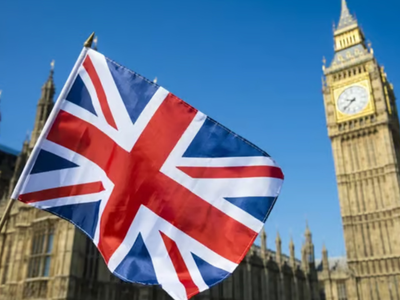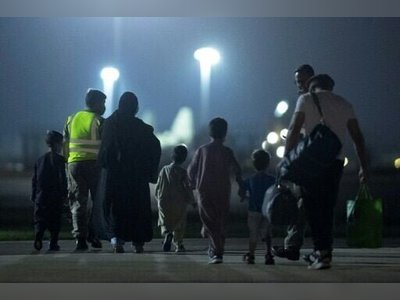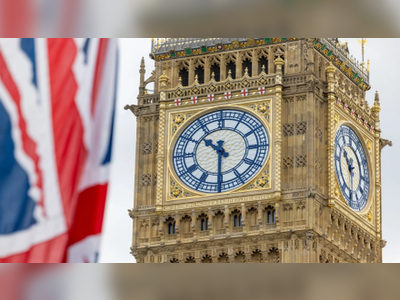Controversial March in Switzerland Features Men Dressed in Nazi Uniforms
A group of approximately 25 men, some from Europe and the United States, marched through the Swiss Alps wearing World War II-era Wehrmacht uniforms.
In a notable incident in the Swiss Alps, a group of around 25 men donned Wehrmacht uniforms, complete with Nazi symbols such as swastikas and armbands, sparking public outcry.
The march took place in the Bernese Alps of southwestern Switzerland, where the participants walked along a popular hiking route.
Local Swiss police intervened to halt the march but did not make any arrests due to a legal loophole that allows the display of Nazi symbols unless used for propaganda purposes.
The group included individuals from various European countries and the United States.
Eyewitness accounts indicated that some participants wore historical military hats, and others displayed shirts featuring Nazi insignia.
Authorities emphasized their action was intended to prevent potential conflicts with onlookers.
Police recorded the identities of the participants but withheld specific details regarding their names or countries of origin.
Despite the public outrage, no laws were violated during the event, highlighting a significant distinction between Swiss law and that of neighboring countries such as Germany, France, Italy, and Austria, where public display of Nazi symbols is strictly prohibited.
Critics argue that Switzerland's legal stance has turned it into a "quiet refuge" for gatherings related to far-right ideologies.
Members of the group, who describe themselves as a historical reenactment society active since 2009, claim their goal is to conduct an "authentic reconstruction of historical events." However, there exists minimal official documentation of their activities, and anecdotal evidence from onlookers suggests that the spectacle was shocking enough to deter photo documentation.
Police spokesperson Debra Zaug stated the group consisted of about 25 individuals from multiple European nations and the U.S., adding that orders to remove Nazi insignia were given to mitigate the risk of altercations.
Responding to the incident, a spokesperson for the canton of Valais commented on the firm rejection of any expression of Nazi ideology, regardless of intent or rationale.
The march took place in the Bernese Alps of southwestern Switzerland, where the participants walked along a popular hiking route.
Local Swiss police intervened to halt the march but did not make any arrests due to a legal loophole that allows the display of Nazi symbols unless used for propaganda purposes.
The group included individuals from various European countries and the United States.
Eyewitness accounts indicated that some participants wore historical military hats, and others displayed shirts featuring Nazi insignia.
Authorities emphasized their action was intended to prevent potential conflicts with onlookers.
Police recorded the identities of the participants but withheld specific details regarding their names or countries of origin.
Despite the public outrage, no laws were violated during the event, highlighting a significant distinction between Swiss law and that of neighboring countries such as Germany, France, Italy, and Austria, where public display of Nazi symbols is strictly prohibited.
Critics argue that Switzerland's legal stance has turned it into a "quiet refuge" for gatherings related to far-right ideologies.
Members of the group, who describe themselves as a historical reenactment society active since 2009, claim their goal is to conduct an "authentic reconstruction of historical events." However, there exists minimal official documentation of their activities, and anecdotal evidence from onlookers suggests that the spectacle was shocking enough to deter photo documentation.
Police spokesperson Debra Zaug stated the group consisted of about 25 individuals from multiple European nations and the U.S., adding that orders to remove Nazi insignia were given to mitigate the risk of altercations.
Responding to the incident, a spokesperson for the canton of Valais commented on the firm rejection of any expression of Nazi ideology, regardless of intent or rationale.











